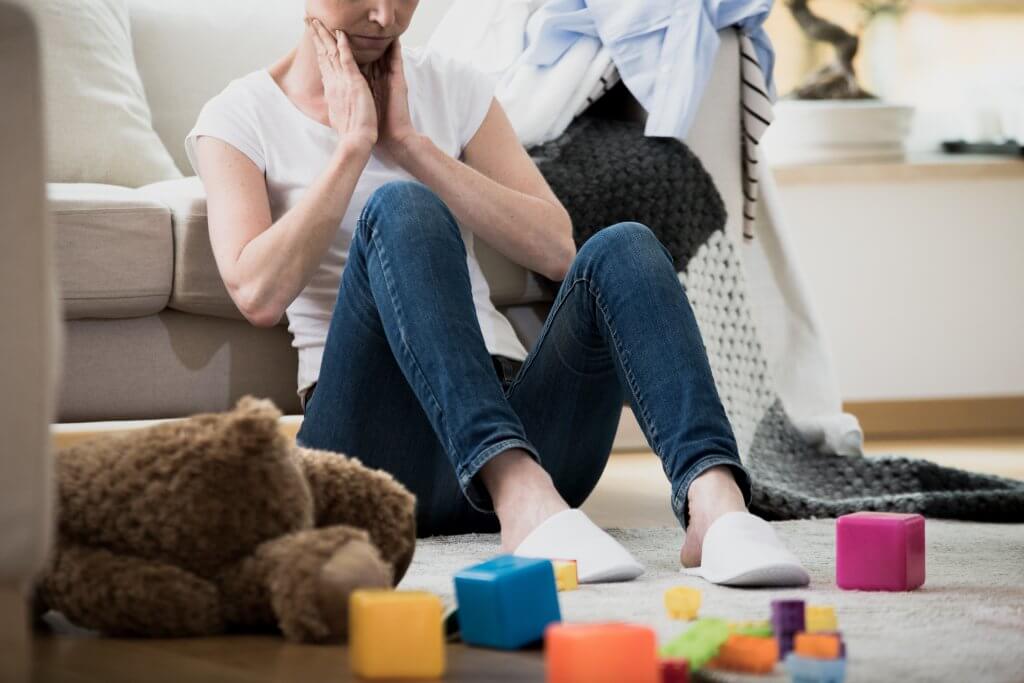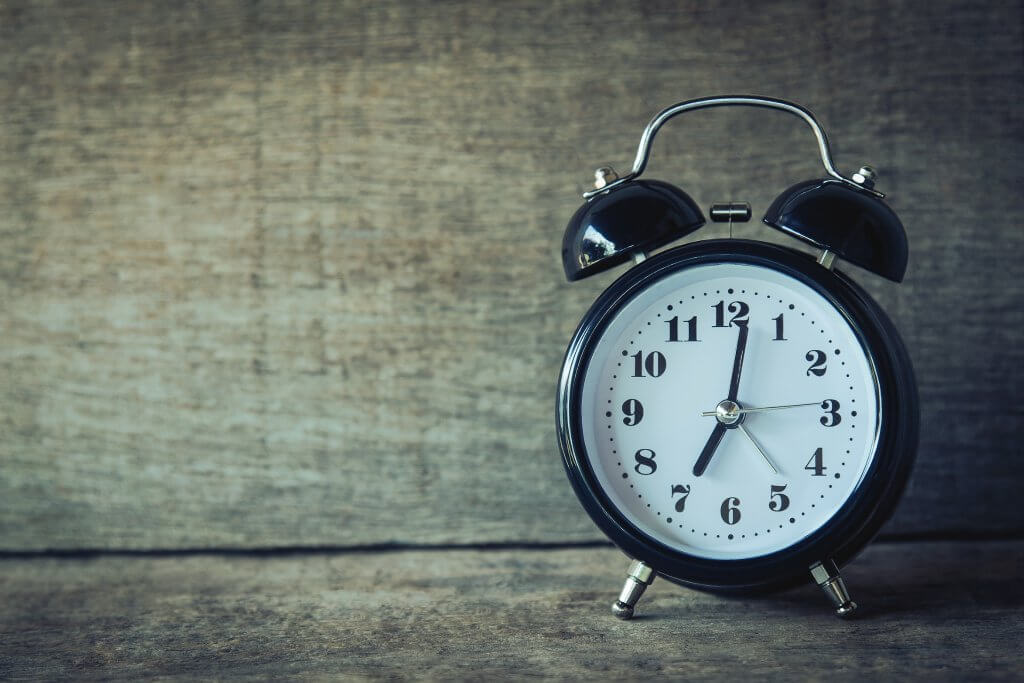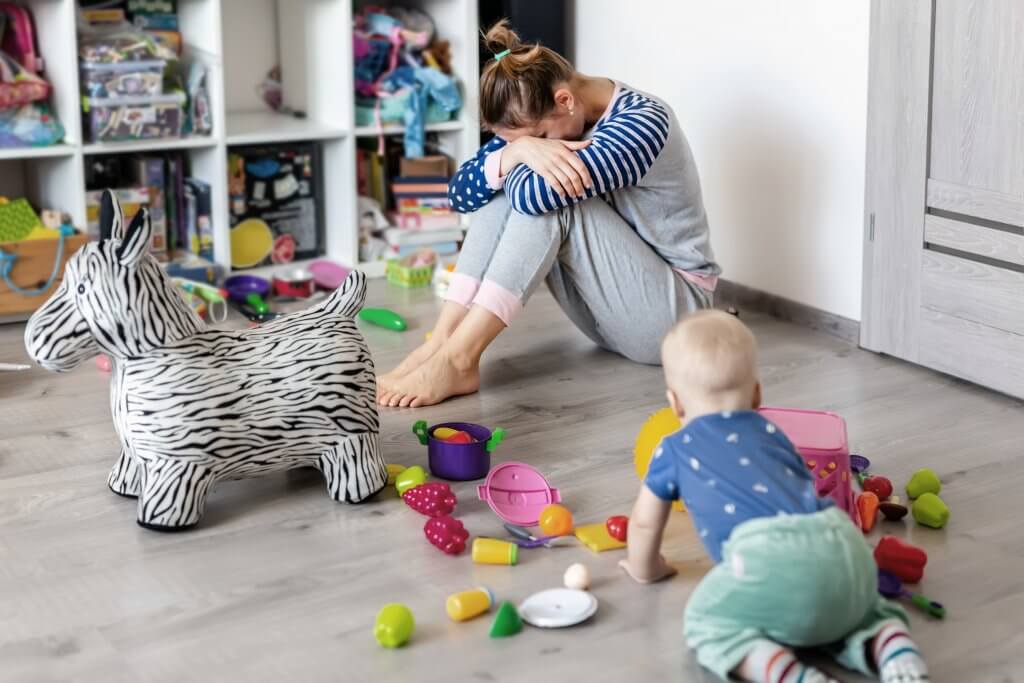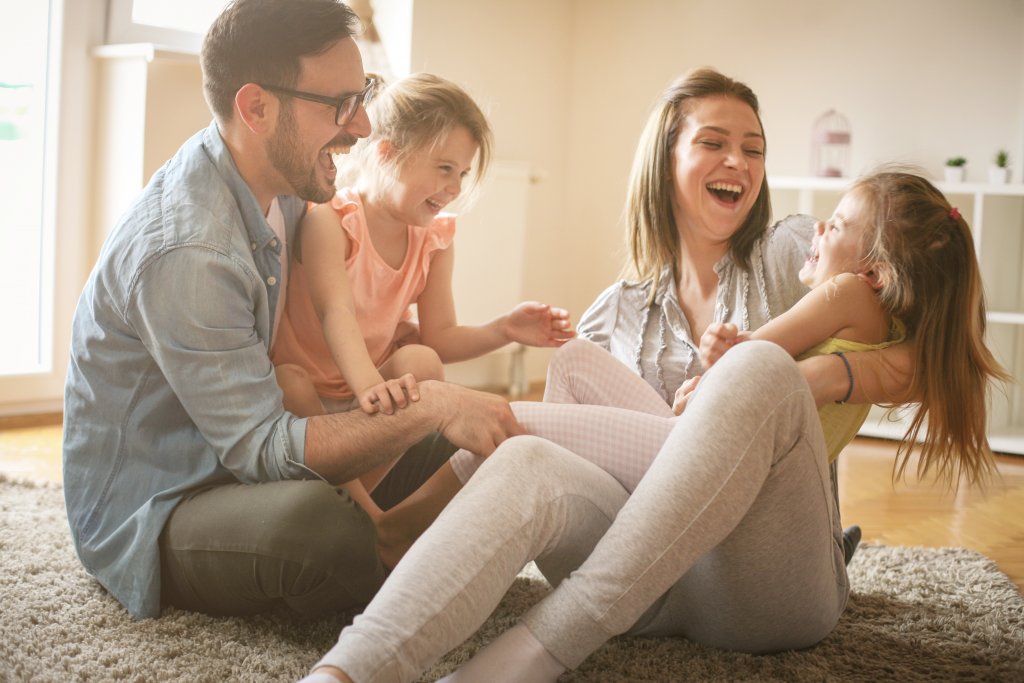Have you ever considered the negative effects of clutter in your home? It’s easy to just feel an overarching sense of frustration or overwhelm without considering the specific negative effects of clutter in our lives.
Negative Effects of Clutter
There are many negative effects of clutter. Clutter does more than just leave us with a messy home. Its impact is felt in various aspects of our lives and in the things it takes from us.

Clutter takes your money
Have you ever thought about how clutter takes your money?
In the decluttering process, many people get stuck because they don’t want to let go of items they paid too much for. It’s one of the reasons why we hang on to clutter.
It’s painful knowing you paid that much money and it is worth a mere fraction of the original cost. It hurts even more when you never really loved or used the item in question. It sat in your house decreasing in value.
As I went through the process of decluttering my home, my mindset began to shift as I felt the pain of regret in the items I never should have bought in the first place.
I didn’t sit with the regret though. I learned to let go. And it changed the way I think going forward. Learning the lesson of poor purchase decisions helped me not to repeat them.
If you’ve found yourself in a similar situation, here are 3 tips.
- Go through the process of decluttering yourself and learn from your mistakes.
- Be more selective when shopping in the future. If you don’t love it, don’t buy it.
- Even if you do love it, wait at least 24 hours before making a purchase. You may find your mind changes when you’ve given it some time and space.
What would you do with the money you’d saved?

Clutter takes your time
Have you ever thought about how clutter takes your time?
Time is the one resource that we can’t get any more of no matter what we do. I never wanted to be spending a lot of my time on my clutter, but I was.
When you add up the time spent researching purchases, then shopping or looking online to get the item, followed by cleaning, maintaining, and repairing it that can add up to a lot of time!
Then we end up spending more time moving it and storing it to end with sorting it and finally decluttering it.
Of course, thankfully not all purchases turn out this way. Some items we buy are things that we love and use and perhaps even simplify our lives.
But there are also a lot of things that don’t. They add up to being a weight and burden that we carry.
Clutter sucks up your time. And I don’t know about you, but I don’t really enjoy cleaning my home and would prefer having fewer things to dust and clean. I’d rather have more time back to do things that are more important to me.
What would you do more of if you got more time back?

Clutter takes your focus & attention
Maybe you’d already considered before how clutter takes your money and your time but had you thought about how clutter takes your focus and attention?
What matters most to you in life? Who do you want to be? What do you want to accomplish?
Clutter can distract you from your goals. Often our dreams are pushed to the side or ignored because clutter takes over our focus and attention even if we don’t want it to. We spend too much time being distracted by all the clutter and we lose focus.
We have high priority tasks to do that will move us towards our goals, but the immediate need of finding something or trying not to trip over things in your house diverts your attention.
Ironically, sometimes we are working really hard in order to acquire more things (which can become even more clutter). In this process, we lose sight of everything we already have to be grateful for.
Clutter can distract you from connecting with family members. I find it very hard to focus if there is too much stuff out. Clutter can prevent us from being present with the people in our homes. Fewer things to pick up means less stress for everyone and more time to enjoy each other’s company.
Clutter can distract you from the things you own that you actually like. The great things can get crowded out or buried underneath the number of items we own. When everything is special nothing is special, so it’s hard to see what is meaningful.
Decluttering decreases your distractions. You regain your focus on your goals and can be more present with family members. Your most meaningful items get to have the spotlight once the excess is removed.

Clutter takes your peace and joy
Clutter steals your money, time, and attention, but I think its biggest offense is it taking your peace and joy.
I know what it feels like to be overwhelmed the second you step into your home. I know what it feels like to dread being in the space that you SHOULD love and feel safe in.
Starting each day with dread or anxiety over the stuff in your home is a terrible feeling.
One thing I have loved about going through the decluttering process was how it reframed my perspective. Here are a few things I learned:
- how to make better choices going forward
- how to stop wasting money on things I didn’t end up loving or using
- to focus on being grateful for what I already had
Decluttering can change not only your home but your life. How you feel in your home matters. It should be your haven from the outside world. Decluttering can help you find joy and peace in your space again.
What would you want to spend more of your attention and focus on?

How to fix it
Now that we know about the negative effects of clutter, it’s time to fix it. This answer is going to seem obvious. We fix clutter by decluttering. But there are steps to take if you want to get rid of clutter.
1. Identify it
Before you can begin to declutter, you need to be able to define what clutter is in your home. Everyone has their own unique definition of what clutter is to them. No two of us are the same in this.
As you declutter your home, consider: do I love this? do I use this? do I want this item in my life going forward?
Sometimes that means we need to let go of the past. We need to release ideas of how we thought things would go and instead accept them for what they are. Working through identifying clutter isn’t just a physical process, it is also an emotional one.
2. Declutter it
There are various ways to approach decluttering your home. Pick the one that best suits your personality and your home. If you feel so overwhelmed that you don’t even know where to start, check out this post on how to get started.
You can start by decluttering the easier items in your home, or you can go ahead and create your plan for decluttering your entire home. You can get the free declutter plan of attack worksheet by signing up here.
If you want further resources, you can check out the books I recommend here and here.
3. Maintain it
Once you are done decluttering, you will likely need to make some changes in order to maintain your newly decluttered home. Consider how the clutter got there in the first place.
Typically our own habits are a big part of the problem. Change your spending habits and learn to live more simply to prevent clutter from returning.
Practice putting things away as soon as you are done with them. Create an organizational system in your home that works well for you and your family.
If you found that the clutter also came from other sources, such as family members, have open and honest conversations about your goals and desires for your home.
Join a community of like-minded people, like Simplify & Declutter, where you can find support and encouragement in your journey to have a decluttered home and life.
Stop allowing the negative effects of clutter to impact your life. You can make a change starting today.
Want to keep up to date on the latest Simplicity Habit information? Sign up below and also receive the Declutter Plan of Attack worksheet to help you create a decluttering game plan!







You have help me a lot in order to get started with my clutter. I am so sorry that I wasn’t able to buy your list to help out. Thanks.
No problem, Deborah. I’m happy that the posts are helpful for you :).